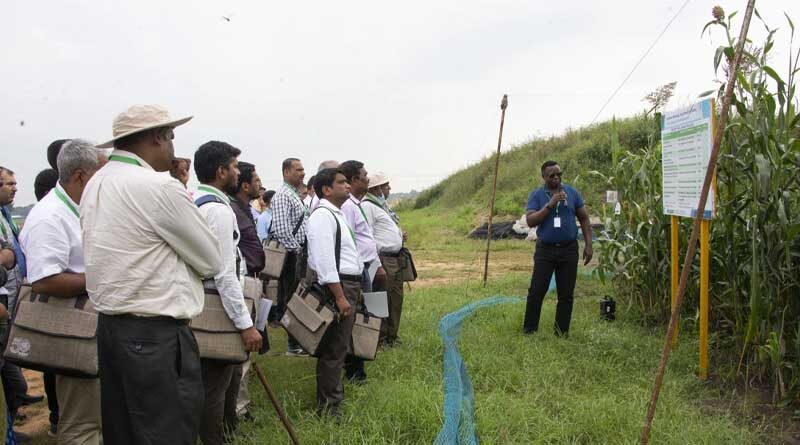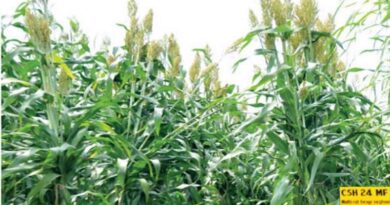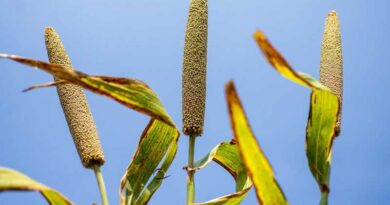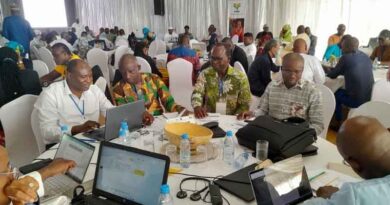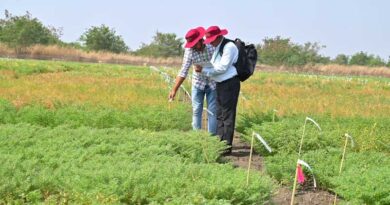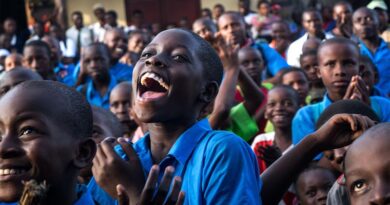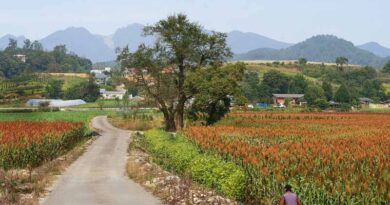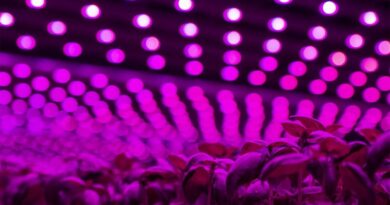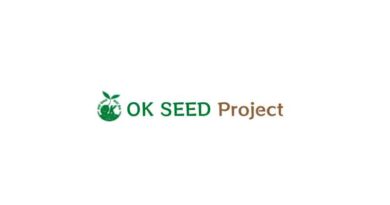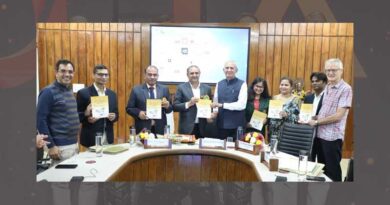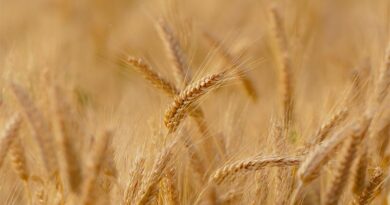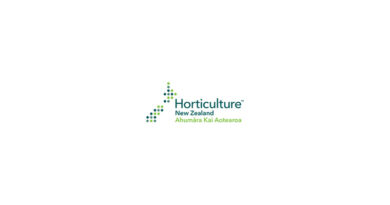ICRISAT offers 7000 plus unique materials for sorghum breeders to choose from
03 November 2022, Asia: Forty-four sorghum scientists representing public and private institutions from Asia and the Americas visited ICRISAT headquarters to participate in a field day that had 2100 unique hybrid products and 5000 breeding lines of varieties on display.
Dr Sean Mayes, Research Program Director-Accelerated Crop Improvement, called for increased private-sector participation to take advantage of the benefits of the Sorghum Hybrid Parents Research Consortium (SHPRC).
He encouraged the participants to disseminate the benefits of SHPRC through their respective networks and to credit ICRISAT for its material when used in their released variety/hybrid.
“ICRISAT is beginning to introduce new technologies like gene editing to optimize lignin content in forage and biofuel sorghum, while continuing to use marker-assisted selection for speciality traits (iron and zinc), for abiotic and biotic stress resistance and in order to boost yields and quality of the products,” said Dr Mayes.
ICRISAT carries out extensive multi-environment trials (METs) to test the productivity, adaptability and stability of sorghum. Dr Mayes thanked the State Agricultural Universities (SAUs) and National Agricultural Research Services (NARS) for their support in conducting trials and sought increased engagement.
Dr C Aruna Reddy, Principal Scientist – Plant Breeding, speaking on behalf of the Director of the Indian Institute of Millets Research (IIMR), emphasized the importance of collaborative breeding research to stabilize sorghum-cropped areas given the decline in cultivation stemming from decreased consumption.
She called for greater focus on sorghum production from a commercial viewpoint and investing in value addition to the breeding products.
“The key stabilizing factors will include accurate phenotyping and clear and purposeful integration of traits enabling product utilization in the sorghum breeding platform, along with the development of drought-resistant post-rainy (rabi) sorghum hybrids,” said Dr Aruna Reddy.
Dr A Ashok Kumar, Interim Research Program Director – Asia, and Principal Scientist – Product Placement Lead, highlighted the importance of integrating value-added traits in breeding.
“Red-grained sorghum presents a golden opportunity to cultivate grain sorghum during the rainy (kharif) season due to its resistance to grain mold and it also has tremendous potential to open up export markets catering to the fodder and the brewery industry,” said Dr Ashok Kumar.
Campaign to increase new hybrids
Dr Ephrem Habyarimana, Principal Scientist and Head-Sorghum Breeding, ICRISAT, described ICRISAT’s sorghum breeding campaign that will lead to a significant increase of new hybrids and the creation of new metrics (GCA, SCA, heterotic groups, etc.) to characterize future sorghum parental lines.
These metrics will help partner institutions invest less time and resources to develop new hybrid products or to select new superior lines.
The field day held on October 14 at ICRISAT headquarters had participants from 23 institutions, 15 of which belonged to the private seed industry. In addition to entomology and phytopathology screening fields, three major breeding and gene bank fields were displayed, comprising more than 7000 unique materials.
The participants were offered options to select from a wide range of sorghum product profiles expressing stakeholder preferred traits relevant to the four major market segments i.e., post-rainy season sorghum for food and fodder; rainy season sorghum for food, feed and fodder; forage sorghum; and sweet sorghum and high biomass sorghum for biofuel.
“The Scientists Field Day is an invaluable opportunity for scientist-to-scientist interaction and getting constructive feedback on the materials and sorghum breeding research which, guides the breeding program and the sorghum production environment,” said Dr Janila Pasupuleti, Principal Scientist and Cluster Leader – Crop Breeding, ICRISAT.
Also Read: Best Agrolife Ltd subsidiary receives patent for ternary fungicidal effective against Late Blight and Downy Mildew
(For Latest Agriculture News & Updates, follow Krishak Jagat on Google News)

